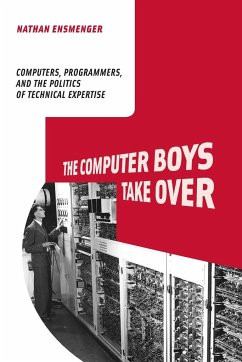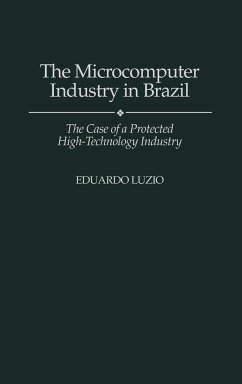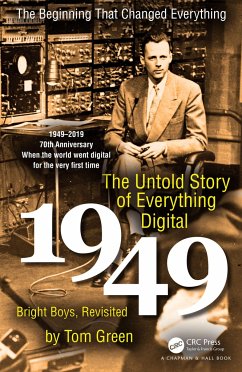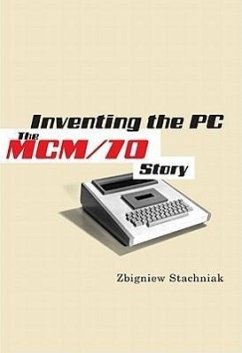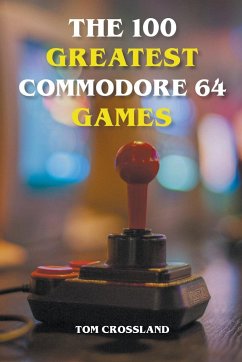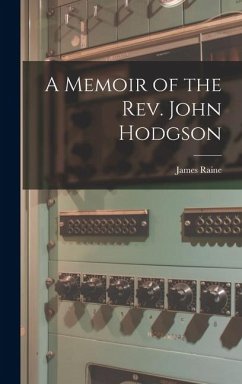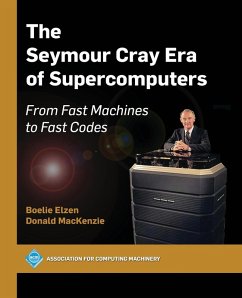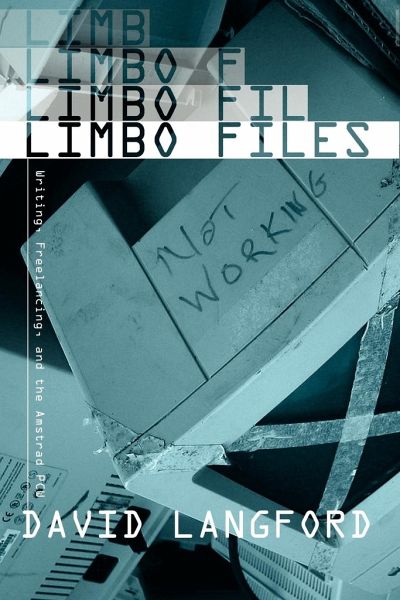
The Limbo Files
Versandkostenfrei!
Versandfertig in 1-2 Wochen
16,99 €
inkl. MwSt.

PAYBACK Punkte
8 °P sammeln!
In 1985, when all the world was young and dot-matrix printers stalked the primeval swamps of computing, David Langford won his Hugo Award and began a long-running column for 8000 Plus magazine (later PCW Plus). This notoriously became the page readers turned to first. The magazine was devoted to the Amstrad PCW, a bestselling home computer that pioneered affordable word processing in Britain. Langford's popular column used this official subject as a launch pad for witty coverage of life, the universe and everything. Freelancing writing and how to survive it; science fiction (especially that); ...
In 1985, when all the world was young and dot-matrix printers stalked the primeval swamps of computing, David Langford won his Hugo Award and began a long-running column for 8000 Plus magazine (later PCW Plus). This notoriously became the page readers turned to first. The magazine was devoted to the Amstrad PCW, a bestselling home computer that pioneered affordable word processing in Britain. Langford's popular column used this official subject as a launch pad for witty coverage of life, the universe and everything. Freelancing writing and how to survive it; science fiction (especially that); secrets of editors, manuscripts, indexes, submission letters and padding; serious and spoof advice columns; parodies of Adventure games, legal proceedings, noir fiction and more; causes, scams and literary horror stories; timeless satire on shabby practice in the computer industry; awful "Thog's Masterclass" lines from SF . . . Langford shows all the wit and skill that brought him 28 Hugo Awards.



